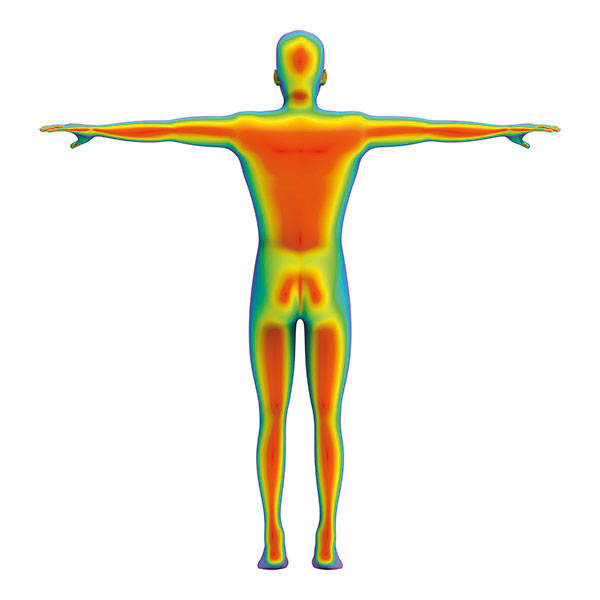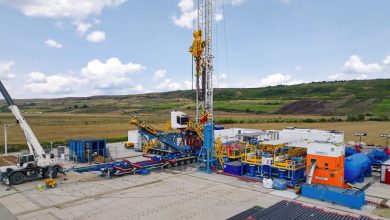Why You Should Take Personal Cooling Seriously
Despite being preventable, many people still die by heatwaves every year world-wide. With global temperatures rising we are facing a lot of challenges. Death by heat being one of them. The mortality risk increases between 0.2 – 5.5% for every 1°C increase in temperature.
Between 1989-2017, 166.000 people died because of heatwaves and during the summer of 2003 alone, 70.000 heat-related deaths were recorded in Europe. Heat-related deaths per year in cities like Budapest, Rome, Athens, Bucharest, and other cities are expected to be 400 per year from 2030 onwards.
Your body’s core temperature
Your body’s heat combined with environmental heat results in what’s called your core temperature – your body’s internal temperature. Your body needs to regulate the heat gain from the environment to maintain a normal core temperature of approximately 37°C (98.6 F).
How your body cools itself naturally
In hot weather, the body cools itself mainly by sweating. However, when you exercise or work in hot, humid weather, your body is less able to cool itself efficiently. The harder it is to cool off, the easier it is to suffer from heat related syndromes. Your body may develop heat cramps. Untreated, heat cramps lead to heat exhaustion and eventually heatstroke.
What is a Heat Stroke?
Heatstroke occurs when your core body temperature reaches 40°C (104 F) or higher. Heatstroke requires immediate medical attention to prevent permanent damage to the brain and other vital organs, which eventually can result in death.
How to stay cool
- Stay hydrated (Drink enough fluids)
- Wear loose-fitting, lightweight clothing
- Wear a hat for sun protection
- Take it easy during the hottest parts of the day
- Limit time spent working or exercising in heat
- Wear personal cooling products
Heat-related syndromes
Heatstroke
Painful, brief muscle cramps. The muscles may spasm or jerk involuntarily. Usually involves muscles that are fatigued by heavy work, such as calves, thighs, and shoulders.
Heat exhaustion
Illness that can occur after you have been exposed to high temperatures, often accompanied by dehydration. Two types: Water depletion or salt depletion.
Heat stroke
Most serious form of heat injury and is considered a medical emergency. Heat stroke can kill or can cause damage to the brain and other internal organs.
Heat and productivity
Employees who work in hot conditions are not as productive and can suffer from kidney injury, dehydration, and other health problems, according to a new review of 111 studies published in the Lancet Planetary Health. The included studies involved 447 million workers in over 40 different occupations, including outdoor and indoor jobs.
The work area temperature can have a huge impact on how productive you are. The study shows that productivity drops by as much as 4% per degrees °C (!) when temperatures rise above 27 degrees °C in workplaces requiring manual labour.
Less productive workers means a less productive business – So keep your workers cool to stay comfortable, healthy and productive!








